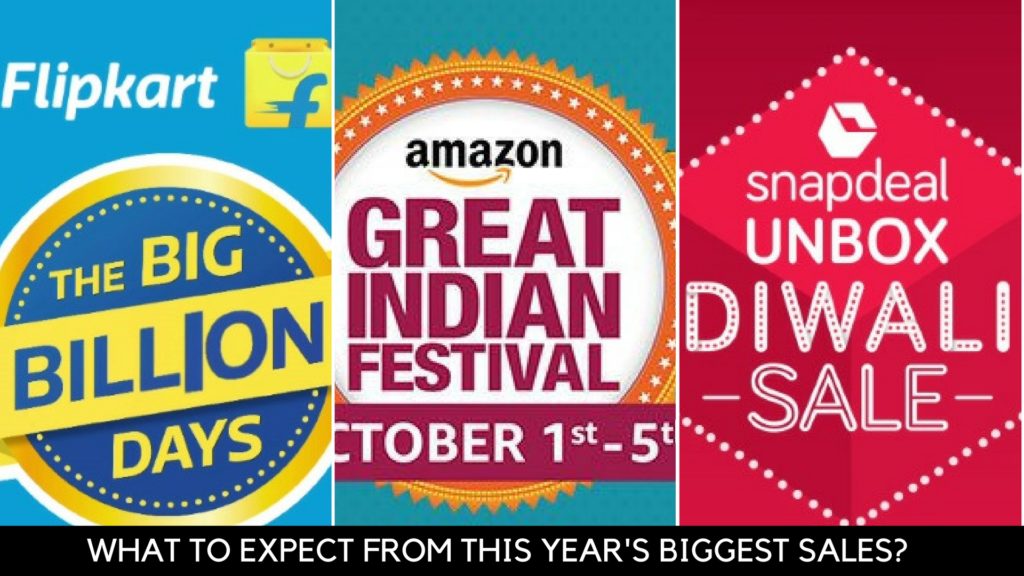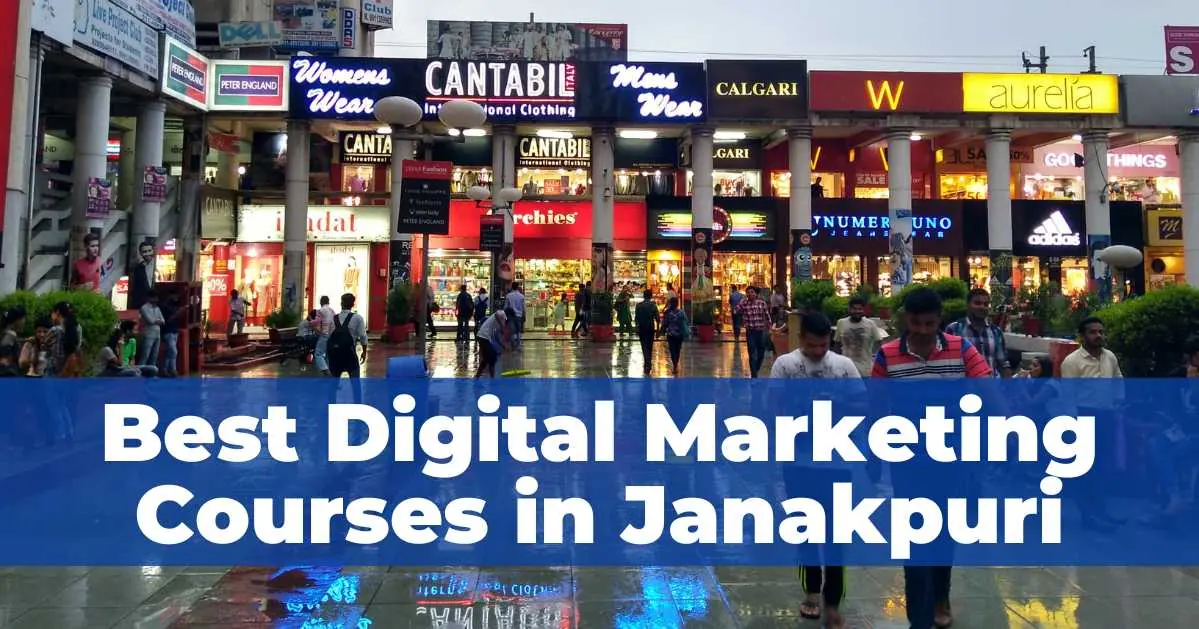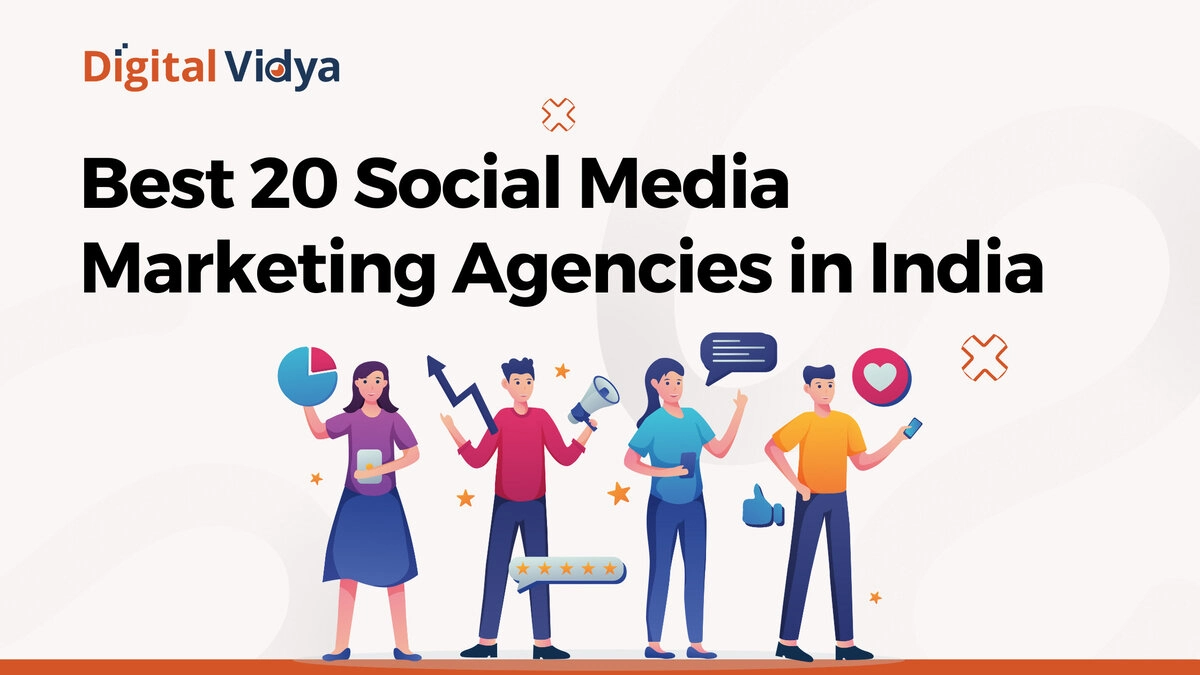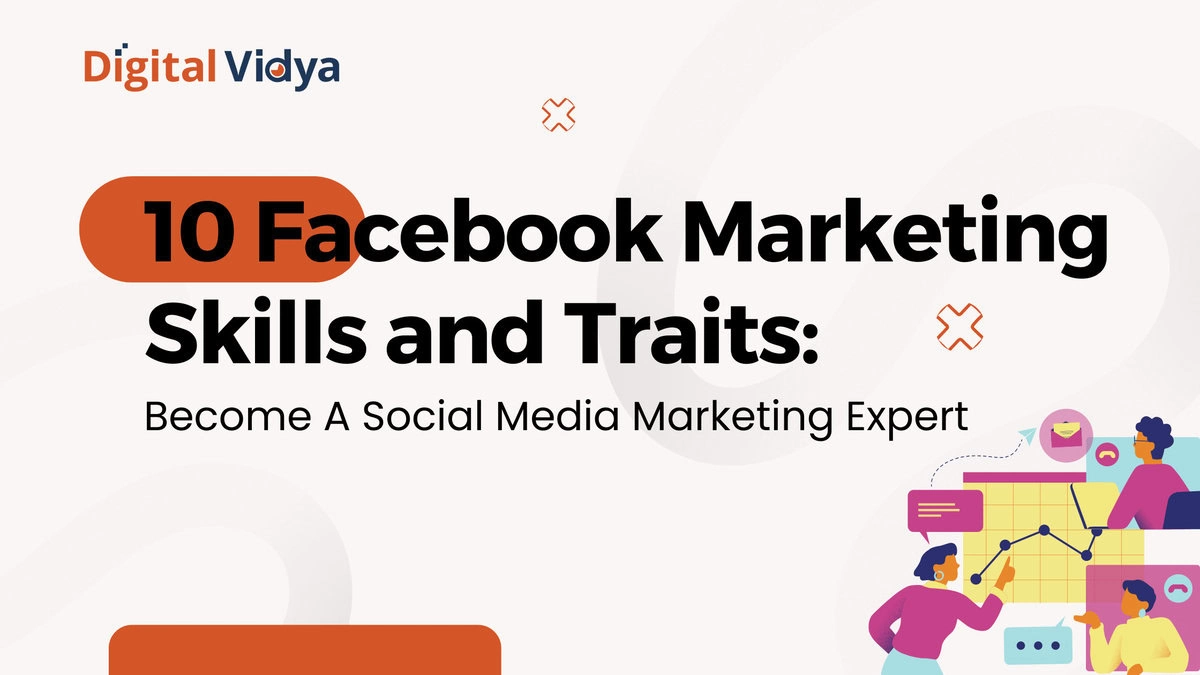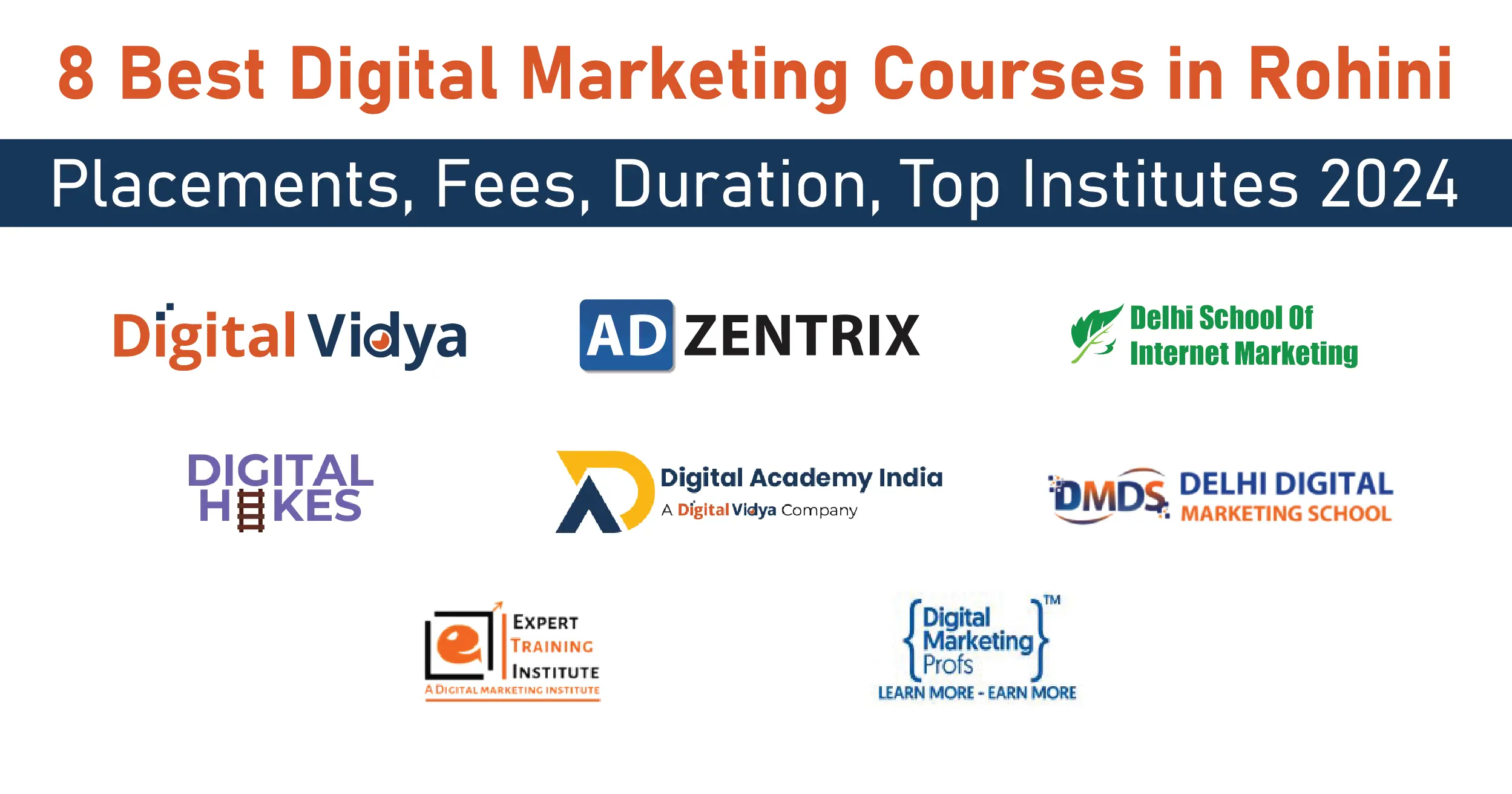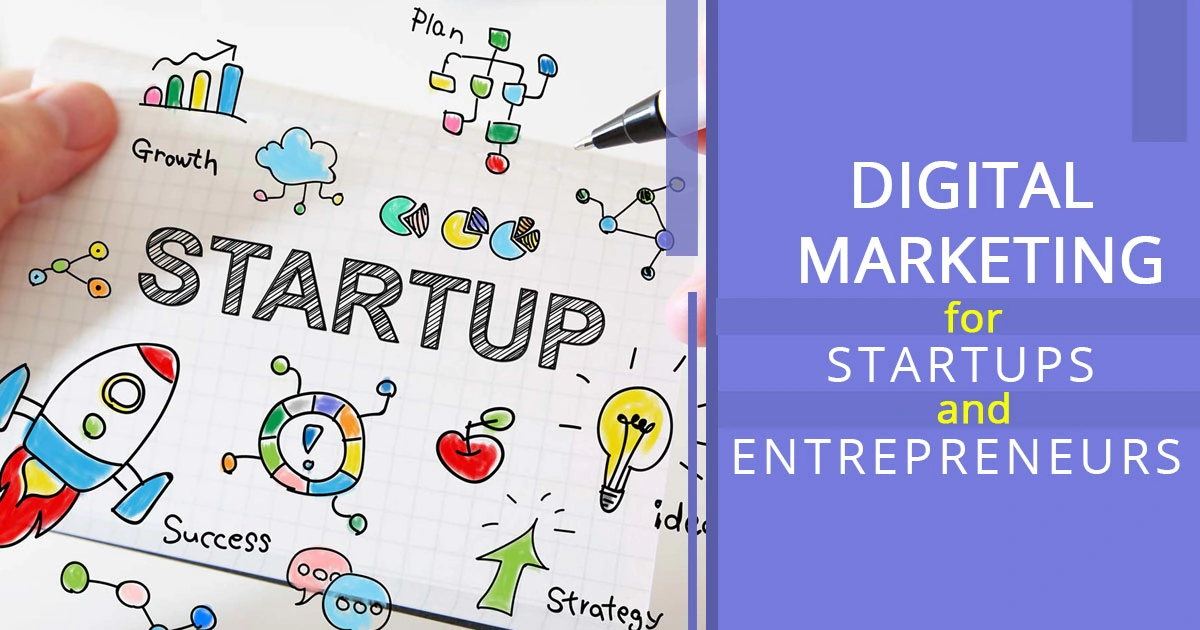Coming up with the best deals and offers to take the number 1 e-commerce position, Flipkart, Amazon, and Snapdeal are taking Diwali sales to a whole new level.
In the Pre-Diwali sales, Flipkart has managed to retain its top position. Also, the combined sales of all the three e-commerce entities were calculated at around Rs 6,500 crore which is up by 20% over the previous year as per Financial Express report.
The company provided heavy discounts across all the categories. Every day, the companies offered new deals on a huge catalog which made the Pre-Diwali sales a success. Customers found good price cut on devices like Le Max 2, LeEco, Moto G4, Apple MacBook Air, Mi Max, Xiaomi’s Mi 5 and more. Along with “No Cost EMIs”, the companies also gave good exchange offers and cashback on products.
In order to grab the number 1 position in the Indian marketplace, here’s how different e-tailers played in the market:
Amazon: Great Indian Festival
 About Amazon
About Amazon
Often referred to as Amazon, the Amazon.com, Inc. is an American electronic commerce and cloud computing company. Headquartered in Seattle, Washington, Amazon is the largest Internet-based retailer in the world by market capitalization and total sales.
The site was started as an online bookstore which was later diversified to sell apparel, toys, food, jewelry, electronics, video games, software, audiobook downloads, MP3, CDs, Blu-rays, DVDs etc. Amazon also produces consumer electronics like Amazon Kindle e-readers, Fire TV, and Fire tablets. The company is the largest provider of cloud infrastructure services in the world.
Amazon has separate retail websites for the United Kingdom, the United States, France, Ireland, Mexico, India, China, Japan, Brazil, Australia, Netherlands, Spain, Italy, and Germany. The company also offers international shipping to certain other countries for some of its products.
Amazon’s Offerings
Started on 1st October till 5th October, Amazon Diwali Campaign offered heavy discounts across categories like PCs, laptops, tablets, smartphones, etc. Companies like Brigade, Musafir.com, and Chevrolet have also tied with up Amazon for surprise giveaways during this sale.
The company also gave great deals on most of the electronic items like WiFi, smartphones, routers, and home appliances. With the #GreatIndianfestival, Amazon Diwali Campaign made huge sales with its exciting offers and prizes.
Flipkart: Big Billion Days Sale
 About Flipkart
About Flipkart
An e-commerce company established in 2007 by Binny Bansal and Sachin Bansal, Flipkart has launched its own product range under the name ‘DigiFlip’ with products including laptop bags, USBs, and tablets.
Although having its headquarters in Bangalore, Karnataka, India, Flipkart is registered in Singapore. The last fundraising round by Flipkart in May 2015 had pinned its valuation at $15 billion. However, in May 2016, Morgan Stanley lowered the valuation of Flipkart to $9.39 billion.
Founded in 2007 by Sachin and Binny, alumni of the Indian Institute of Technology Delhi, they worked for Amazon.com and left to establish their own company. The book ‘Leaving Microsoft to Change the World’ was the first product they sold to a customer from Hyderabad. The e-commerce giant now employs over 33,000 people.
Flipkart’s Offerings
The e-commerce giant offered great discounts and attractive offers on a wide range of products as part of its Big Billion Days sale. The festive sale started on 2nd October till 6th October.
For instance, the company offered great offers on most of the mobiles and accessories. The iPhone 5s was available for Rs 17,799 on Flipkart whereas iPhone SE was available at Rs 30,000 (which was launched at Rs 39,000).
Snapdeal: Unbox Diwali Sale
 About Snapdeal
About Snapdeal
Based in New Delhi, India, Snapdeal is a B2C marketplace. The company was started by Rohit Bansal, an alumnus of IIT Delhi and Kunal Bahl, a Wharton graduate at Penn. Started in February 2010, it has currently more than 30 million products from 2,75,000 sellers with a reach of 6,000 towns and cities across the country.
The investors in the company include Ratan Tata, Alibaba, SoftBank Corp, IndoUS Ventures, Intel Capital, Nexus Ventures, eBay, Kalaari Capital, Temasek Holdings, and more. Snapdeal also acquired FreeCharge in an equity deal.
Snapdeal’s Offerings
Joining the battle to become India’s number 1 e-commerce company, Snapdeal unveiled exciting offers of Unbox Diwali Sale from 2nd to 6th October 2016. The company offered 70% off on major electronics, mobiles, fashion and home brands.
The company also gave out additional 20% instant discount on all orders above Rs 1,000 paid through Citibank cards. There was an option to avail the exchange offer on mobile phones in selected cities like Hyderabad, Chennai, Bangalore, Kolkata, Mumbai, Delhi, etc. The exchange happened at the user’s doorstep and further reduced the price for the buyers.
Trends of E-Commerce in India
Two years ago when Flipkart kicked off its first flagship Big Billion Day sale, things went haywire. The e-commerce giant wasn’t able to handle the unprecedented traffic and its owners were left apologizing to the shoppers. That’s just an example of the mindset of Indian buyers towards e-commerce and the possibility of new opportunities in the market.
Beyond the intense fight among the e-commerce giants for capturing market share, what’s starting to emerge is the trend of seasoned shoppers who are comfortable with buying an expensive LED to burgers online.
1. Small Indian Cities Become Big Online
As per the data stated by companies, online retail has penetrated into smaller Indian cities after many attempts to grow the business there. If the progress is stable, Amit Agarwal, country head, Amazon India, says among the 15 million units sold during its ‘Great Indian Festival’, orders came from 90% of India’s pin codes.
The number new clients increased five-fold over last Diwali with 70% of new shoppers coming from tier 2 and tier 3 towns. For the company, almost 65% of the Amazon’s orders come from towns categorized as tier II and below. Rival Flipkart says sales from tier II and below cities went up to 42% and 34% from the last year.
However, the market expansion due to new shoppers is still limited as a huge part of the sales during the festivity comes from the incremental wallet of the existing buyers.
As per the estimates, the number of online buyers remained approximately 68 million in 2016 and majority of them were from metropolitan cities.
“It’s true that a big chunk of new customers are from tier II and tier III but their ticket sizes and frequency of purchases will take some time to increase as most of them are only shopping because of discounts” Satish Meena, forecast analyst at Forrester Research.
In order to boost the e-commerce industry which remained at $10 billion in size even after a growth of 400% the previous year, companies brought in attractive exchange schemes and EMI on white goods and electronics. Therefore, membership programmes like Amazon Prime were aimed at locking in customers on to online portals.
According to Binny Bansal, Co-Founder & CEO, Flipkart, the average order size is up 20% despite discounts compared to normal days. The e-commerce giant claims to have brought in 1.5 million new consumers this year versus one million that came on board last year irrespective of COD (cash on delivery) orders dropped from 70% to 60% of all Big Billion Day transactions.
The decline in COD shows that more Indians now trust online platforms to deliver the goods.
2. No Size and Price Constraint for Buyers
Though mobile phones still account for a huge amount of sales but there’s been a huge focus on categories like large appliances and white goods.
For instance, Devita Saraf, CEO, Vu Television, sells over 60% of its products online at an average price point of Rs 25,000. This points to the emergence of a new kind of customer who prefers online over offline when it comes to shopping.
Vu Television was among the top sellers on Flipkart during the five-day sale. Amazon was seen pushing daily consumables heavily, a first during the sale season which defined by deals on electronics and mobiles. During the first-day sale, customers were looking for deals on products like household items, grocery, diapers, and detergents which indicated that they didn’t forget their everyday purchases while shopping for other deals.
3. More Sales with Less Discounts
After the first of quarter of this year, most of the e-commerce platforms reduced promotional campaigns after the Indian government introduced new policy guidelines which outlawed online marketplaces from offering discounts directly. Therefore, this year, sales haven’t offered the kind of deep discounting as previous years. Despite that, the sales volumes are up.
Consumers are getting used to buying online more with over 20-25% of users now making a purchase once in two months. Sahil Barua, Co-Founder & CEO, Delhivery
This trend could be seen as a sign of the Indian e-commerce market maturing. The e-commerce world was built on discounts to change consumer behavior as there were no other attractive thing at that time. But now people wait for the sales because of the kind of selection of products online platforms have stored in for them.
Flipkart – Amazon Plans More Diwali Sales
Soon after Big Billion Days sale, e-tailer giant Flipkart will face competition from its rival Amazon India, which has lined up more sales events for Diwali to keep up the interest it saw from shoppers in the first week of its own sale event.
There are going to be at least two more sales events held by Amazon following the Great Indian Festival event.
Amazon and Flipkart will go head over heels in multiple sale events this time. Amazon’s motive behind the increased aggression is to keep up the pace as it had overtaken Flipkart in gross sales for two months (July and August). Whereas, Flipkart needs to prove it can compete consistently with Amazon which has outdone its rival on various parameters like fast product delivery, low prices, and product assortment.
Amazon India chief Amit Agarwal said there will be “multiple pockets during the month that we celebrate”.
He also added, “There will be targeted offers that will be coming out through the month, which is what we did last year for 30 days.”
Flipkart outsold Amazon India during the first sale event and recorded unit sales of 15.5 million compared with 15 million units for the US-based e-commerce giant. The Bangalore-based company generated gross sales of at least Rs 3,000 crore during the five-day Big Billion Days sale, higher than those at Amazon India.
Flipkart offered lower prices on TV brands, high-value products, iPhones and other smartphones compared with Amazon. Whereas, Amazon sold a wide range of items, including many low-value products with a motive to attract new users to its platform.
“In the first week, Amazon underestimated the kind of deals that Flipkart had, particularly on electronics. These days, after the FDI (foreign direct investment) laws, it’s also not that easy to react instantly to competition and cut prices. Earlier, Amazon would’ve just given more discounts after looking at Flipkart’s deals. But that’s more difficult now. So, for the next sale events, they will be better prepared,” – Binny Bansal, CEO, Flipkart
Flipkart, too, will hold more sale events this month.
To give stiff competition to the US-based e-tailer, Flipkart is going to have offerings and deals across the month. The pricing would be aggressive. Since the last 10 days of the month are going to be the Diwali shopping days, the company is hoping for some good numbers.
Both the companies are leveraging Digital Marketing in one way or another. Amazon is going to launch video content on its Prime service. With a hope to lure millions of Indian shoppers by offering movies and other video content, Amazon is planning to sell books, smartphones, and other products.
Conclusion
The future of e-commerce in India is not in terms of popularity but as to which company is at the finest position to dominate India’s online shopping market.
Both the e-commerce giants are having different digital marketing approaches to expanding their online business. Flipkart and Amazon are fighting to become the number 1 e-commerce company, which do you think will dominate the Indian marketplace in the coming years?
Image Credits: coupondadi, timesalert.com, jiocare.net, igadgetsworld.com, ibtimes.co.in

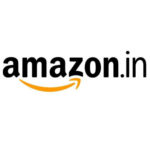 About Amazon
About Amazon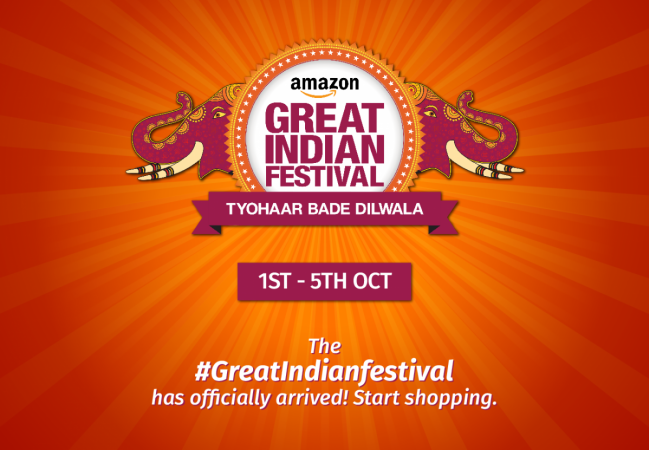
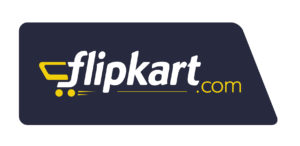 About Flipkart
About Flipkart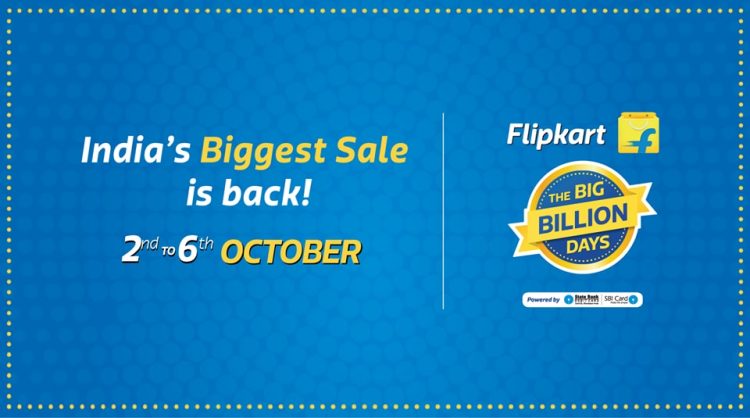
 About Snapdeal
About Snapdeal
